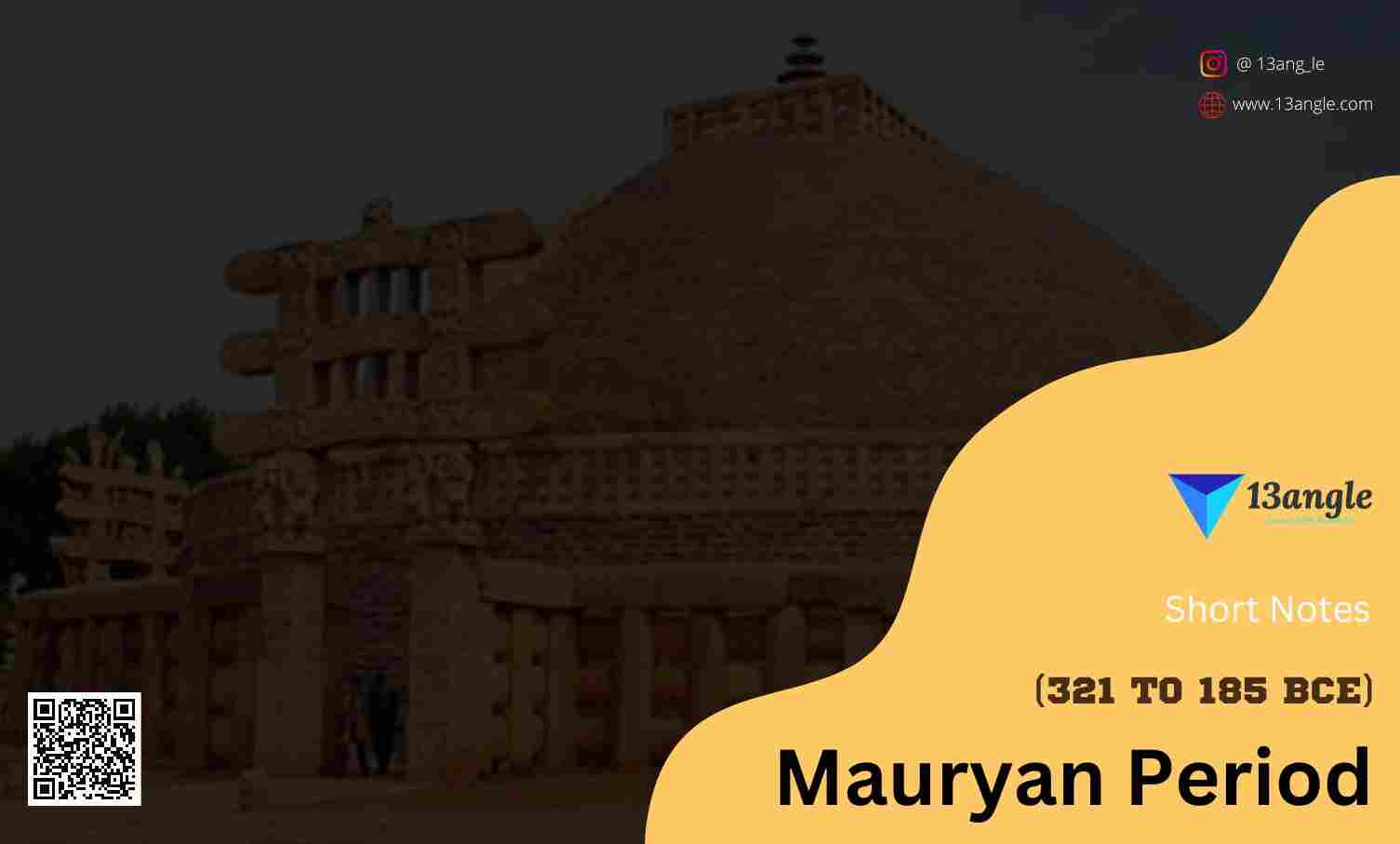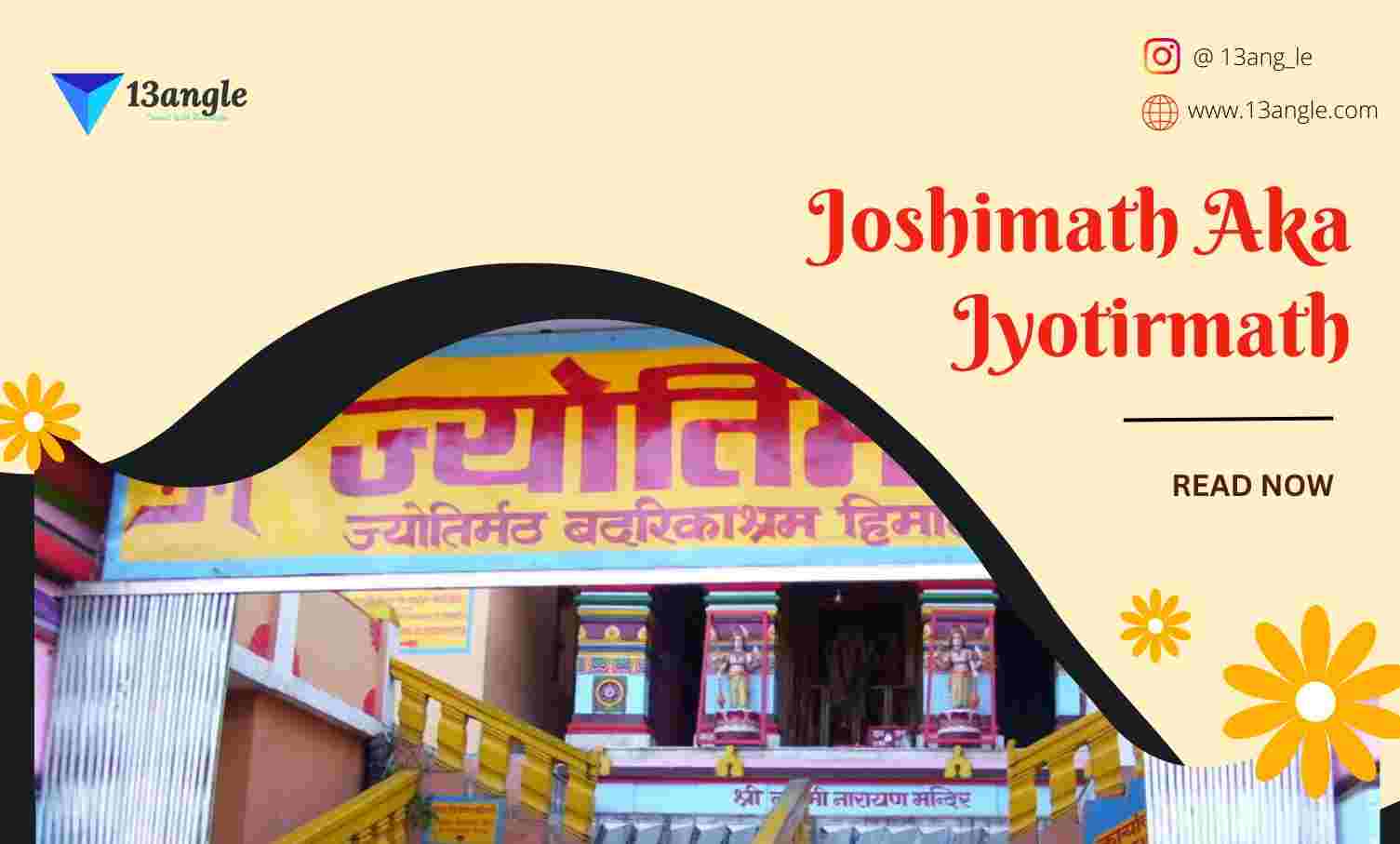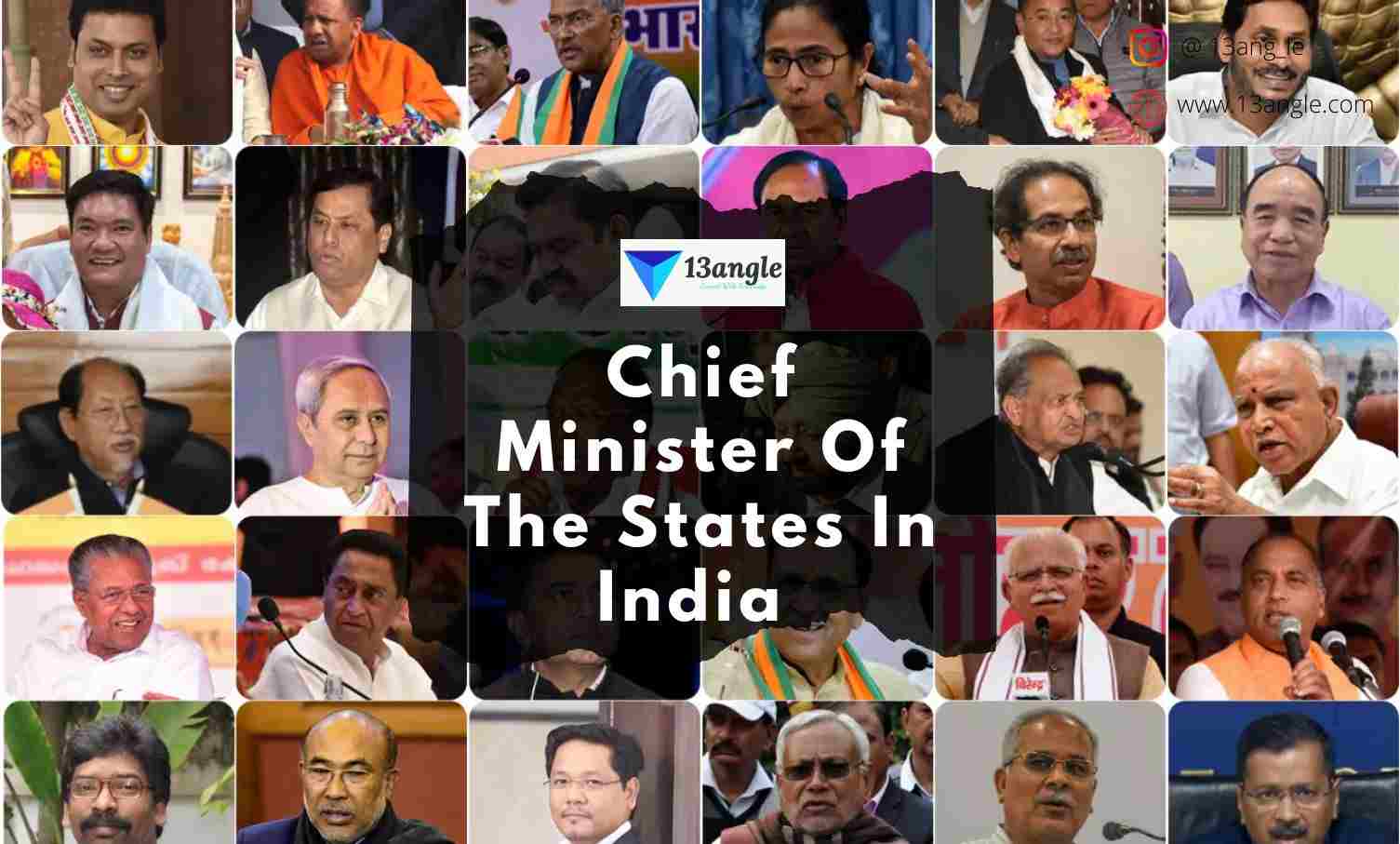The Hartog Committee was a British commission appointed in 1929 to examine the problems of education in India. Here are some pointwise notes on the Hartog Committee:
The Hartog Committee was appointed by the British government to examine the state of education in India and to recommend measures for its improvement.
The committee was chaired by Sir Philip Hartog, a prominent British educationist who had served as the Vice-Chancellor of the University of London.
The committee’s report, known as the “Hartog Report,” was published in 1929 and contained several important recommendations for the improvement of education in India.
The committee recommended the establishment of a three-tiered system of education, comprising primary, secondary, and university education.
The committee also recommended the provision of vocational training and the promotion of technical and industrial education in India.
The committee emphasized the importance of providing education in the mother tongue of the students, particularly at the primary level.
The committee recommended the establishment of a central board of education to coordinate educational policies and standards across India.
The committee also recommended the expansion of educational opportunities for women and the promotion of education for all sections of society, including the marginalized and backward communities.
The Hartog Committee’s recommendations had a significant impact on the development of education in India and influenced the educational policies of the colonial and post-colonial governments.
Notes On Hartog Committee (1929)
Shares:





